404
This page doesn't exist!
Sorry, the page you are looking for could not be found.
All Products
(Showing 1 - 11 out of 11 products)
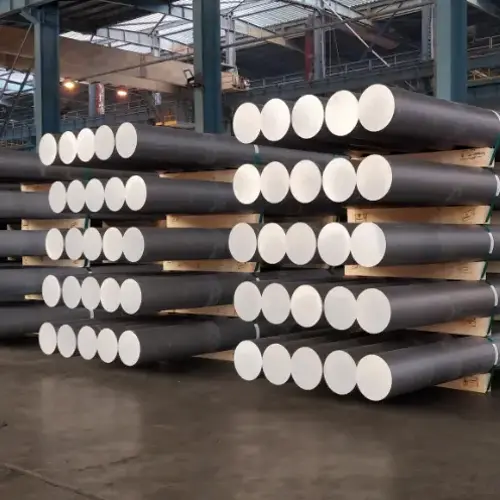
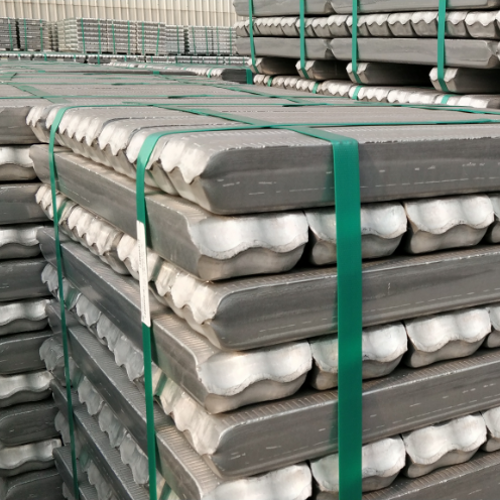
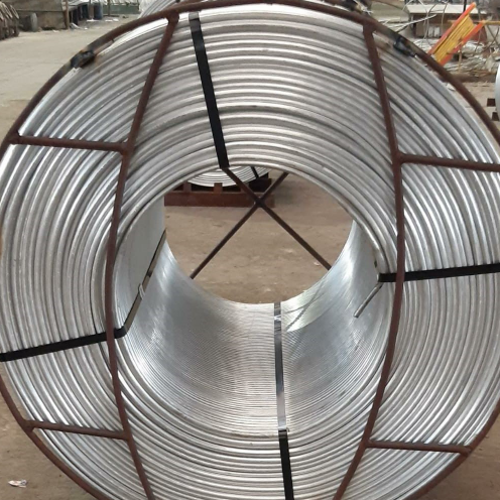
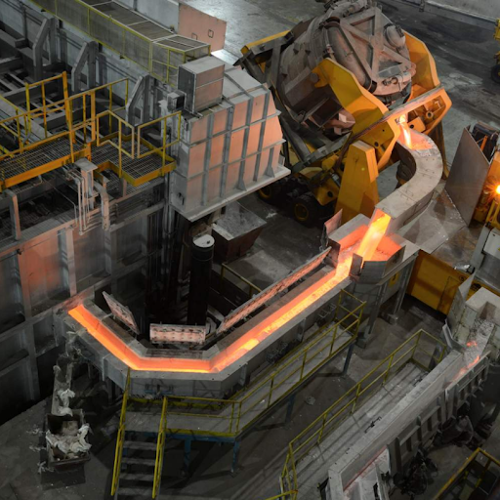
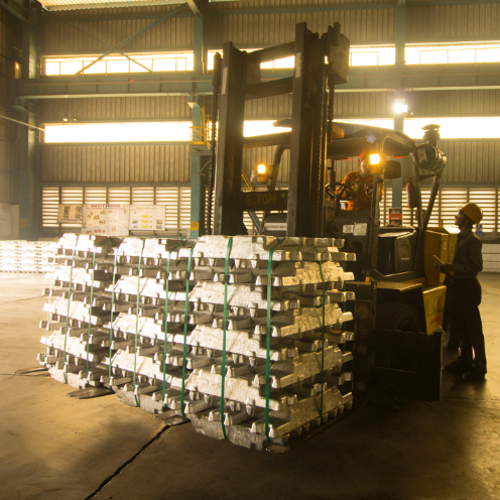

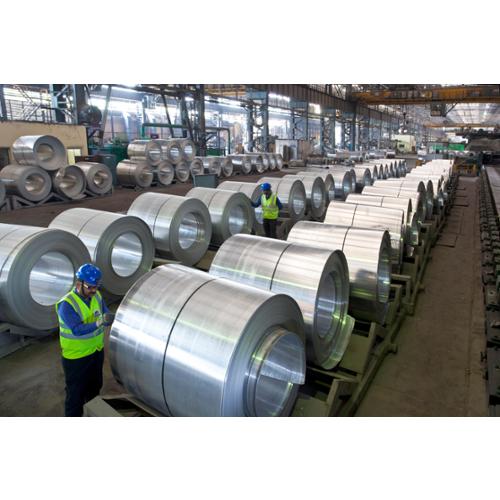
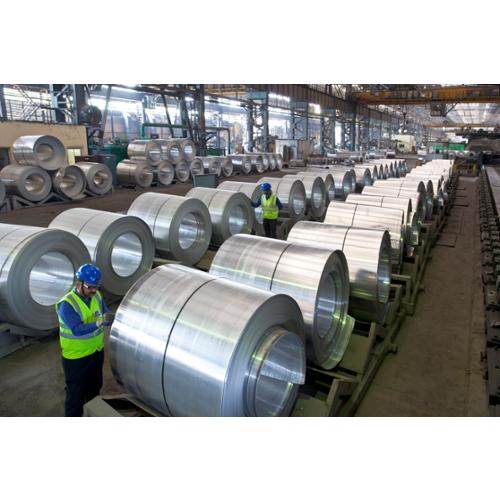

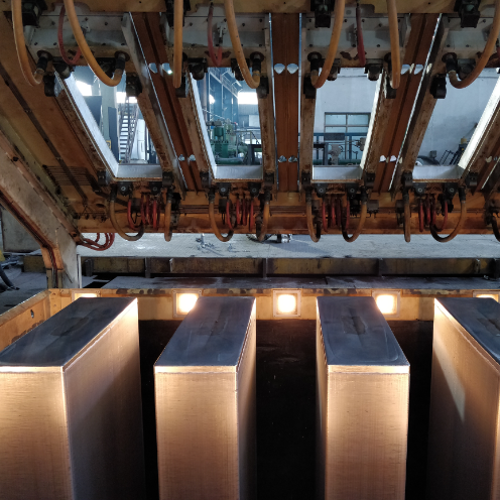
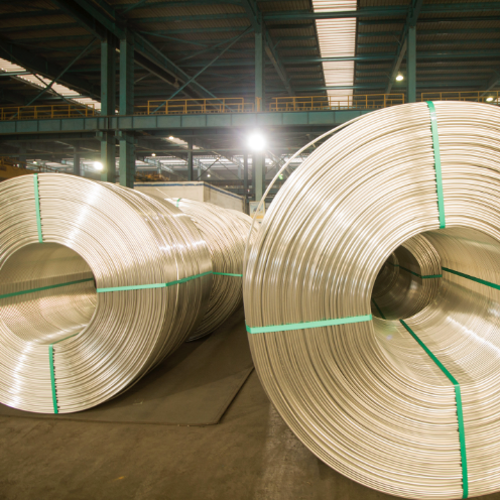
Wed Aug 13 2025 14:34:49 GMT+0530 (India Standard Time) PDF Size 10 KB
Aluminum is a versatile metal that plays a crucial role in various industries and everyday life. It is a silvery-white, lightweight metal with a relatively low density compared to other metals, making it ideal for various applications.
Aluminum is the third most abundant element in Earth's crust, after oxygen and silicon, and it is typically found in various minerals such as bauxite and cryolite. Aluminium produced directly from the raw bauxite ore is called primary aluminium and is the purest form of the metal.
Aluminium is widely used across industries for its lightweight nature, corrosion resistance, and versatility. Primary aluminium is the first choice of use in high-quality applications in transportation like automotive and aerospace, construction for facades and window frames, packaging such as cans and foil, electronics including enclosures and heat sinks, consumer goods, industrial equipment, infrastructure, renewable energy, and medical devices. Its properties make it indispensable for fuel efficiency, durability, and protection, highlighting its crucial role in modern applications.
Aluminium is available in various forms to purchase online, catering to diverse needs and applications. At Vedanta, you will find all kinds of Aluminium products, including in form of Aluminium sheets, plates, rolled coils, slabs and wire rods.
Aluminium is also available in various alloy forms, including pure aluminium, aluminium manganese alloy, and silicon manganese alloyed form. Vedanta is also the first non-ferrous metal producer to manufacture low carbon Green aluminium brand Restora.
At Vedanta you can browse through the extensive catalog of Aluminium in various materials including Billets, Ingot, PFA and more. We also cater various aluminium alloy grades including 1000 series, 3000 series and 6000 series. You can also purchase Aluminium in various cut to cut sizes, with each catering to different applications
Vedanta Metal Bazaar is a leading name in the aluminium manufacturing and supply industry, recognized for its commitment to excellence and innovation. As one of India's trusted aluminum manufacturers, Vedanta Metal Bazaar offers a diverse range of high-quality aluminum products that cater to various industries, including construction, automotive, and packaging. The company prides itself on its state-of-the-art manufacturing facilities, ensuring precision and durability in every product. Additionally, Vedanta Metal Bazaar serves as one of the most reliable aluminum suppliers in India, providing tailored solutions to meet the unique needs of its clients. With a strong focus on sustainability and customer satisfaction, Vedanta Metal Bazaar continues to be one of a top aluminium companies in India with a focus on innovation, sustainability, and quality to make sure you get the best aluminum products for your projects, every single time.

Can’t find the exact metal you are looking for? Vedanta will try to help fulfill your requirement.
Aluminium, a lightweight metal with a silvery-white appearance, finds extensive application across diverse industries owing to its advantageous characteristics. These include its low density, exceptional corrosion resistance, excellent thermal and electrical conductivity, and ease of machining and shaping.
Moreover, its highly recyclable nature renders it environmentally friendly, as it can be recycled repeatedly without significantly degrading its properties.
Here are some key areas of knowledge one needs to buy and sell aluminium effectively:
By acquiring knowledge in these areas and staying informed about developments in the aluminium industry, one can make informed decisions and successfully buy and sell aluminium effectively.
Aluminium products can be classified as either Cast products or Wrought products depending on the method of their production:
Primary Aluminium products come in various shapes and forms, each suited for different applications. Here is a list of the most common aluminium products and applications.
| Product | Unique Attributes | Application |
|---|---|---|
| Aluminium Wires | Excellent electrical conductivity, lightweight, and corrosion resistance. | Electrical wiring (power distribution, transmission lines), telecommunications (cables), and transportation (electric vehicles). |
| Aluminium Billets | Raw material for precision machining into custom components. | Raw material for machining (engine components, tooling), aerospace (structural elements), and automotive (chassis components). |
| Aluminium Foils | Highly flexible and lightweight with excellent barrier properties against moisture, light, and gases. | Packaging (food packaging, pharmaceuticals), cooking (wrapping food, lining trays), insulation (thermal insulation, soundproofing), and industrial applications (barrier protection). |
| Aluminium Sheets/Plates | Versatile and easily fabricated into various shapes and sizes. | Construction (roofing, siding), aerospace (aircraft panels), automotive (vehicle body panels), marine (boat hulls), and general manufacturing (signage, decorative elements). |
| Aluminium Extrusions | Ability to create complex shapes with consistent cross-sections. Lightweight yet strong. | Construction (window frames, curtain walls), automotive (vehicle frames), manufacturing (structural components), and consumer products (furniture, appliances). |
| Aluminium Bars/Rods | High strength-to-weight ratio, machinability, and durability. | Construction (support beams, reinforcing bars), manufacturing (machinery parts, fasteners), and engineering (structural components). |
| Aluminium Tubes/Pipes | Corrosion-resistant, lightweight, and easily formed. | Construction (plumbing, HVAC systems), transportation (bicycle frames, automotive parts), manufacturing (fluid transport), and structural applications. |
| Aluminium Castings | Produces complex shapes and intricate designs with high strength-to-weight ratios. | Automotive (engine blocks, transmission housings), aerospace (aircraft components), and manufacturing (machine parts, decorative elements). |
| Aluminium Powder | Fine powder form suitable for metallurgy, explosives, paints, and additive manufacturing processes like 3D printing. | Metallurgy (alloy production), explosives (rocket propellant), paints (pigments), and additive manufacturing (3D printing). |
| Aluminium Coils | Continuous rolls suitable for various manufacturing processes. | Manufacturing processes (automotive parts, roofing), packaging (can production, closures), and electronics (printed circuit boards). |
Various factors come into play when choosing the appropriate aluminium product and grade for a specific application. Here's what to consider:
By aligning with these considerations, Vedanta demonstrates its commitment to delivering high-quality, sustainable aluminium products while providing excellent customer support and service through its innovative platforms like the Vedanta Metal Bazaar.
Aluminium prices are impacted by a variety of factors, including market demand, supply chain dynamics, raw material costs, energy prices, currency fluctuations, and global economic conditions. These factors collectively influence the overall market sentiment and subsequently impact aluminium pricing.
The three main components of Aluminium pricing are:
Overall, aluminium pricing is a dynamic process influenced by a combination of broader market factors and specific product attributes, with indices, premiums, and upcharges playing significant roles in determining the final price of aluminium products.
Aluminium can be bought from a variety of sources, including metal suppliers, distributors, manufacturers, and online marketplaces. It is crucial to select a reliable supplier known for offering high-quality aluminium products at competitive prices. Consider factors such as reputation, product quality, pricing, delivery options, and customer service when choosing where to buy aluminium. Vedanta Metal Bazaar stands out as an exemplary choice, offering a seamless platform for customers to connect directly with suppliers, ensuring access to premium-quality aluminium and top service.
Most important considerations for shipping and handling when buying aluminium are as follows
By considering these shipping and handling factors, buyers can effectively manage the transportation of aluminium materials, safeguarding their quality and integrity from supplier to destination.
Vedanta Aluminium, largest producer in India, is investing aggressively to reduce the carbon footprints and produce Low carbon and ultra-low carbon products using renewable energy and recovered aluminium.
Aluminium, with its remarkable properties such as lightweight, high strength-to-weight ratio, excellent conductivity, corrosion resistance, and recyclability, finds versatile applications across various forms, including billets, wire rods, slabs, ingots, primary foundry alloy, and hot metal. Each form caters to specific industrial needs. Each form of aluminium serves a strategic purpose in industrial and consumer applications, leveraging aluminium's intrinsic properties to meet the demands of modern engineering and design. The choice of form depends on the desired end use, processing techniques available, and specific material properties required. Aluminium's versatility underscores its critical role in current manufacturing and construction sectors and its potential to foster innovation for future applications.
Many suppliers offer custom fabrication, machining, and finishing services to meet your requirements. You can request cutting, bending, welding, anodising, powder coating, and CNC machining services to tailor aluminium products to your project needs.
Vedanta Metal Bazaar is an online platform created by Vedanta Limited, a major natural resources company. It's a digital marketplace for buying and selling metals like aluminium, copper, zinc, lead, and steel. This platform simplifies the process of metal trading. It connects buyers and sellers online, making transactions transparent and efficient.
Key features of Vedanta Metal Bazaar include:
These FAQs should help guide you through buying aluminium metal and ensure that you make informed decisions based on your specific needs and requirements.